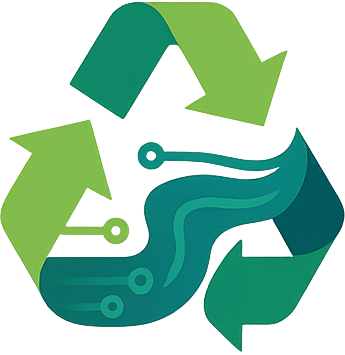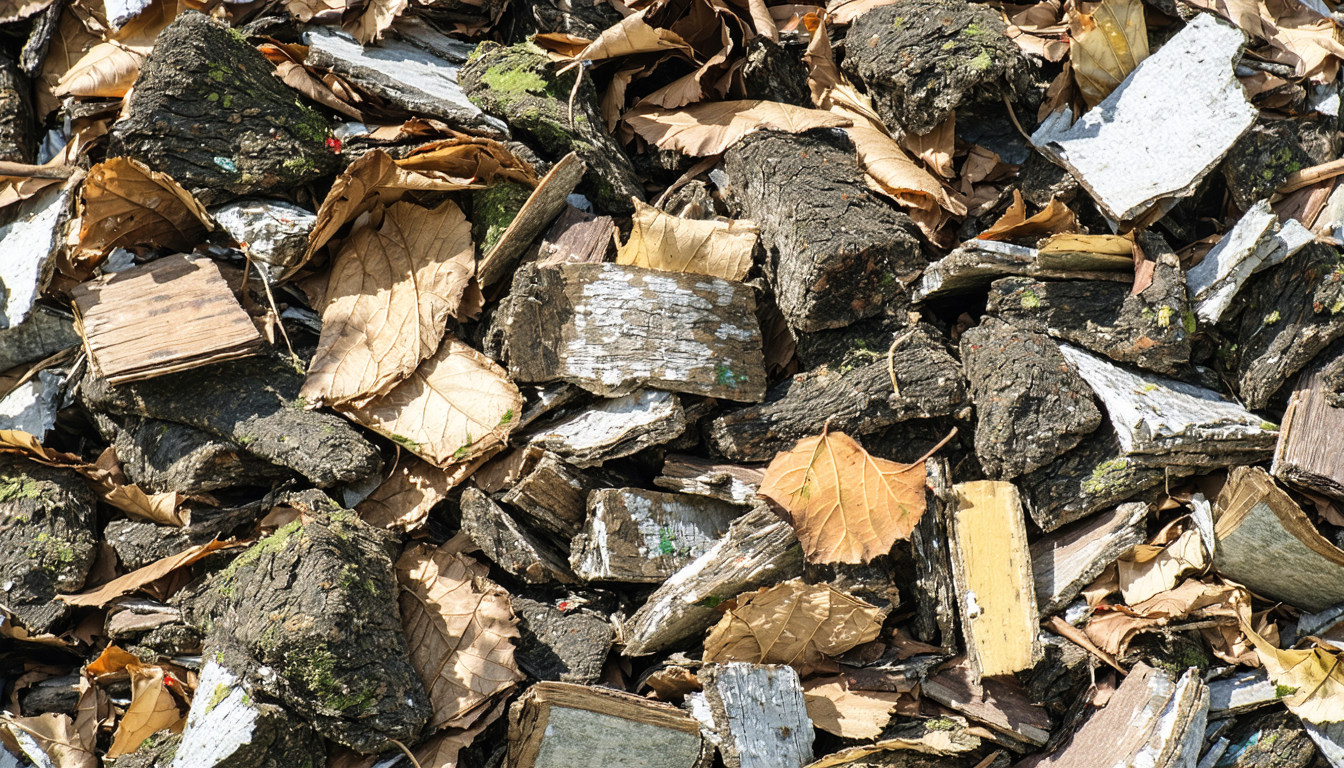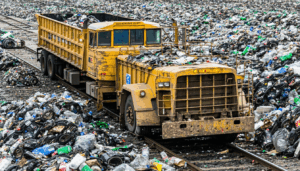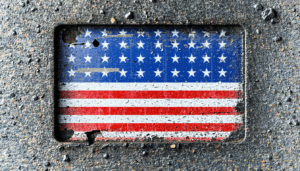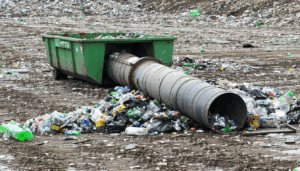In the United States, managing yard waste is a growing concern for homeowners, landscapers, and municipalities as seasonal cleanups pile up. From fallen leaves to grass clippings and tree branches, improper disposal can harm the environment and violate local regulations. This article explores the latest options for yard waste disposal near me, highlighting accessible services, eco-friendly practices, and regulatory updates across the nation. Whether you’re seeking curbside pickup or drop-off locations, we’ve compiled essential information to help you navigate this often-overlooked aspect of property maintenance.
Understanding Yard Waste Disposal Near Me: What You Need to Know
Yard waste includes organic materials like leaves, grass, branches, and shrubs generated from lawn care and landscaping. According to the Environmental Protection Agency (EPA), yard trimmings account for about 12% of municipal solid waste in the U.S., totaling over 35 million tons annually as of recent 2023 data. Disposing of this waste responsibly prevents landfill overuse and reduces greenhouse gas emissions from decomposition.
Many Americans struggle to find convenient disposal options tailored to their location. Local rules vary widely—some cities ban yard waste from regular trash bins, while others offer dedicated collection days. Knowing your area’s policies is the first step to compliance and sustainability.
Curbside Pickup and Drop-Off Options Across the U.S.
For many households, curbside pickup is the most accessible solution for yard waste disposal near me. Cities like Seattle and San Francisco provide weekly or bi-weekly collections, often requiring biodegradable bags or specific containers. In rural areas, however, residents may need to transport waste to designated facilities.
Drop-off sites are another viable option. As of 2023, over 4,000 composting facilities operate nationwide, per the U.S. Composting Council, accepting yard debris for recycling into mulch or compost. Websites like Earth911.com allow users to search for nearby centers by ZIP code, ensuring you find a location that fits your needs.
Environmental Impact and Sustainable Practices
Improper disposal of yard waste can lead to significant environmental issues. When sent to landfills, organic matter decomposes anaerobically, releasing methane—a potent greenhouse gas. The EPA notes that diverting yard waste to composting programs can cut methane emissions by up to 50% compared to landfilling.
Experts advocate for greener alternatives. “Composting not only reduces landfill burden but also enriches soil for community gardens,” says Dr. Emily Carter, an environmental scientist at GreenEarth Institute. Homeowners are encouraged to start backyard composting for small-scale waste or participate in municipal programs for larger volumes.
Local Regulations and Challenges
Navigating local laws is critical when seeking yard waste disposal near me. Some states, like California, mandate organic waste recycling under laws such as SB 1383, implemented in 2022, which requires residents and businesses to separate yard waste for composting. Non-compliance can result in fines ranging from $50 to $500, depending on the jurisdiction.
Challenges persist in areas with limited infrastructure. Rural communities often lack access to composting facilities or regular pickups, forcing residents to burn waste—an act banned in many states due to air quality concerns. Advocacy groups are pushing for expanded services to bridge this gap.
Future Outlook for Yard Waste Management
The future of yard waste disposal in the U.S. looks promising with technological advancements and policy shifts. Innovations like mobile apps for scheduling pickups or locating facilities are gaining traction. Additionally, federal grants announced in 2023 aim to fund new composting sites in underserved regions, potentially benefiting millions of households.
Stakeholders predict increased public awareness will drive participation. “Education campaigns are key to changing behaviors around organic waste,” notes John Miller, a waste management consultant. As more Americans prioritize sustainability, demand for efficient disposal solutions will likely grow.
In conclusion, finding reliable yard waste disposal near me is essential for environmental stewardship and legal compliance. From curbside services to composting initiatives, options abound for U.S. residents willing to research their local resources. Staying informed about regulations and embracing sustainable practices can make a lasting impact. As infrastructure expands and policies evolve, managing yard waste could become seamless for communities nationwide.
Frequently Asked Questions (FAQ)
1. How can I find yard waste disposal near me?
Use online tools like Earth911.com or check your city’s waste management website for curbside pickup schedules and drop-off locations. Contacting your local municipality directly also provides specific guidance.
2. Is burning yard waste allowed in the U.S.?
Burning is prohibited in many areas due to air pollution risks. Regulations vary by state and county, so verify with local authorities before considering this option.
3. What items qualify as yard waste?
Yard waste typically includes leaves, grass clippings, branches, shrubs, and other organic garden debris. Items like plastic bags or treated wood are usually excluded.
4. Can I compost yard waste at home?
Yes, backyard composting is an eco-friendly way to manage small amounts of waste. Ensure you follow guidelines to avoid pests and odors by balancing green and brown materials.
5. Are there penalties for improper yard waste disposal?
Yes, fines for violations can range from $50 to $500 depending on local laws. Some areas also issue warnings before imposing penalties.

